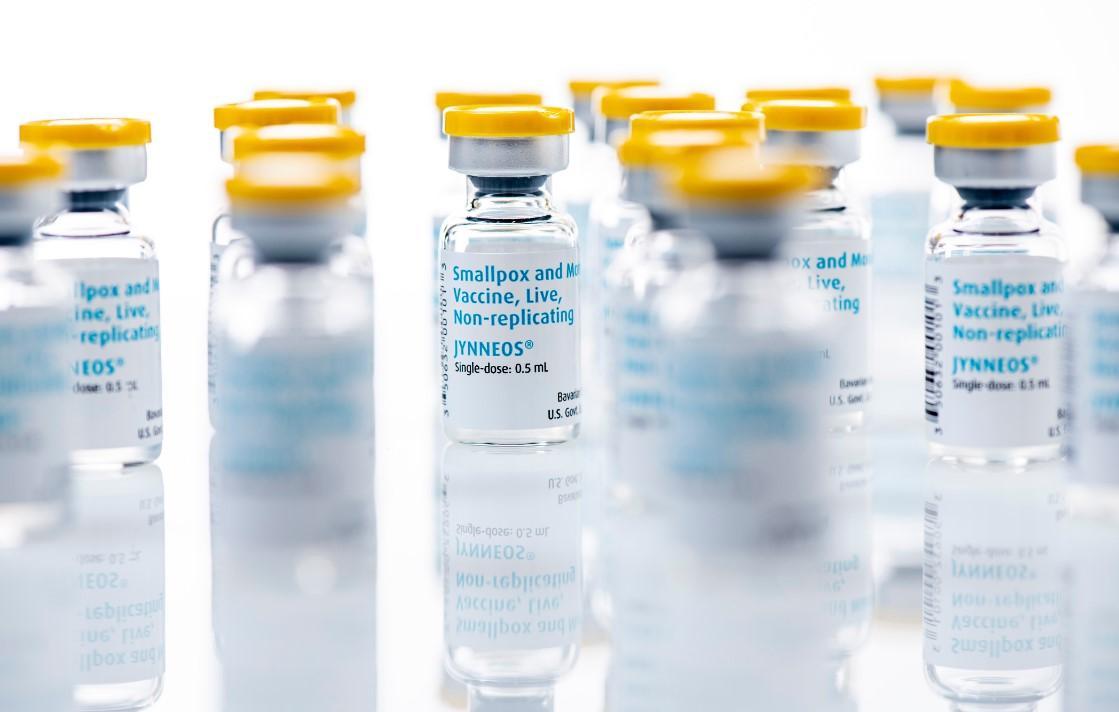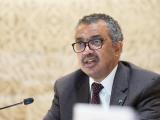Tanzania recently reported its first two mpox cases, raising the number of affected countries to 23, officials from the Africa Centres for Disease Control and Prevention (Africa CDC) said today at a weekly outbreak briefing.
Jean Kaseya, MD, MPH, the group’s director-general, said Tanzania’s two confirmed cases have histories of travel to an mpox affected country.
Meanwhile, in one of the region’s main hot spots, suspected mpox cases rose in the Democratic Republic of the Congo (DRC) last week, though the portion of confirmed cases declined. Kaseya said this reflects testing challenges, partly due to ongoing conflict in the hardest hit regions and US funding cuts that have impacted the transport of samples to labs for testing.
In Uganda—one of the other hot spots—confirmed cases rose last week, but the country is in a much better situation with testing, with the rate at 100%. Most of the rise in cases is among adults ages 18 to 39 years old and among people in sexual networks.
Kaseya said a worrying trend in Uganda is a rising death rate, especially in people who have underlying health conditions. He added that another concern is overwhelmed treatment centers, especially in Entebbe, and shortages of trained health workers. Officials are looking at ways to provide home-based care for people with mild infections and partners to support the establishment of more isolation units.
More vaccine needed to keep momentum going
Five countries are vaccinating against mpox, and so far 606,314 people have been vaccinated. Of those, 543,955 have received the first of the recommended two doses.
Ngashi Ngongo, MD, PhD, MPH, who leads Africa CDC's mpox incident management team, said Africa CDC initially requested 10 million doses, and that donor countries have so far committed to provide 60% of the total. He said the group estimates that 6.4 million people still need to be vaccinated. Africa CDC, the World Food Program, and UNICEF are acquiring cold chain equipment worth more than $5.4 million to help with storage and last-mile deliveries of mpox vaccine targeting Uganda, the DRC, and Rwanda.
Officials said mobilizing more vaccine and operational funds is urgent, given that shortages may negatively affect current momentum and high acceptance rate.
The US funding cuts are coming against the backdrop of an overall decline in global support for Africa’s health needs over the past 4 years from Western countries, Kaseya said. He added that tomorrow he will host a meeting with all African health ministers to discuss global health financing and other sustainable financing options for Africa.



















